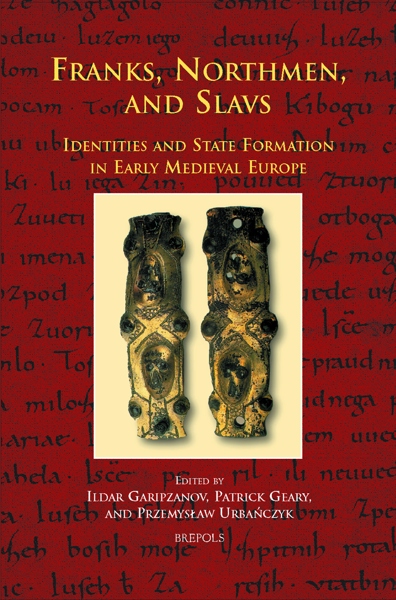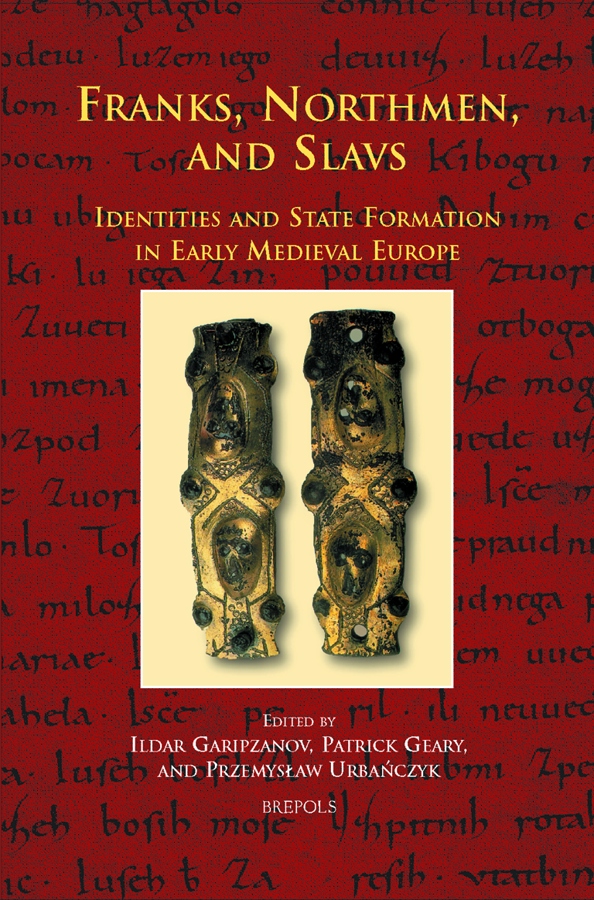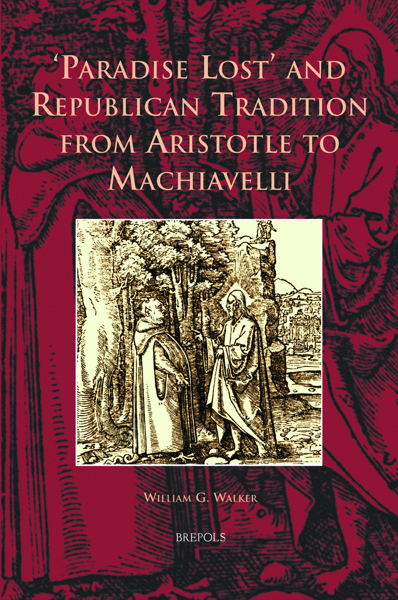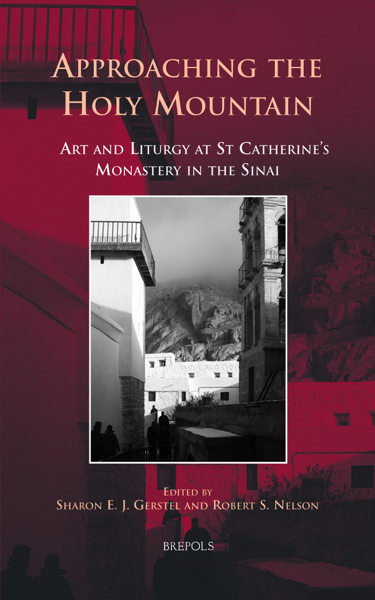
Franks, Northmen, and Slavs
Identities and State Formation in Early Medieval Europe
Ildar H. Garipzanov, Patrick Geary, Przemyslaw Urbanczyk (eds)
- Pages: x + 267 p.
- Size:156 x 234 mm
- Illustrations:10 b/w
- Language(s):English
- Publication Year:2008
- € 65,00 EXCL. VAT RETAIL PRICE
- ISBN: 978-2-503-52615-7
- Hardback
- Available
- € 65,00 EXCL. VAT RETAIL PRICE
- ISBN: 978-2-503-53743-6
- E-book
- Available
- Political & institutional history (c. 500-1500)
- Historical Sociology & Anthropology
- Communities, social groups and social relations
- Customs, traditions & identities
- Demography, migration & settlement studies (c. 500-1500)
- Scandinavian & Baltic lands (c. 500-1500)
- Balkans & Western Asia (Near East) (c. 500-1500)
- Early Middle Ages (c.500-1000)
Eleven specialists examine here the role of ethnic identity in the formation of medieval polities on the periphery of the Frankish world in the eighth through eleventh centuries. In particular, they explore the intertwined issues of ethnic identity and state formation in Scandinavia and in the western and southern Slavic regions, areas in which the new approaches to the history of ethnicity have but little penetrated traditional scholarship. They ask to what extent common identities assisted in the consolidation and creation of early medieval kingdoms and to what extent the formation of these kingdoms created a discourse of common identity as a means to centralization and control. The authors contend that the developments in Scandinavia and in Slavic areas cannot be understood except in dynamic relationship with the process of state formation and group identity within the Frankish kingdoms. This powerful, expansionist society not only interacted and influenced the development of state structures on its northern and eastern borders, but it also provided models of discourse about the relationship between centralizing power and group solidarity. Not that these discourses were simply adopted by the Franks’ neighbours, but rather they became part of the range of possible options selectively adapted to local circumstances.
Introduction: Gentes, Gentile Identity, and State Formation in Early Medieval Europe
ILDAR H. GARIPZANOV, PATRICK J. GEARY, AND PRZEMYSŁAW URBAŃCZYK
Part One. Franks: Identities in the Migration and Carolingian Periods
1. Ethnicity, Group Identity, and Social Status in the Migration Period
PETER J. HEATHER
2. Omnes Franci: Identifications and Identities of the Early Medieval Franks
HELMUT REIMITZ
3. Frankish Identity in Charlemagne’s Empire
JANET L. NELSON
Part Two. Northmen: Identities and State Formation in Scandinavia
4. People and land in Early Scandinavia
STEFAN BRINK
5. Frontier Identities: Carolingian Frontier and the gens Danorum
ILDAR H. GARIPZANOV
6. Division and Unity in Medieval Norway
SVERRE BAGGE
Part Three. Slavs: Identities and State Formation in the Slavic World
7. The Primary Chronicle’s ‘Ethnography’ Revisited: Slavs and Varangians in the Middle Dnieper Region and the Origin of the Rus’ State
OLEKSIY P. TOLOCHKO
8. Christianity and Paganism as Elements of Gentile Identities to the East of the Elbe and Saale Rivers
CHRISTIAN LÜBKE
9. Slavic and Christian Identities during the Transition to Polish Statehood
PRZEMYSŁAW URBAŃCZYK
10. Identities in Early Medieval Dalmatia (Seventh–Eleventh Centuries)
NEVEN BUDAK
11. Slovenian Gentile Identity: From Samo to the Fürstenstein
PATRICK J. GEARY
Index




